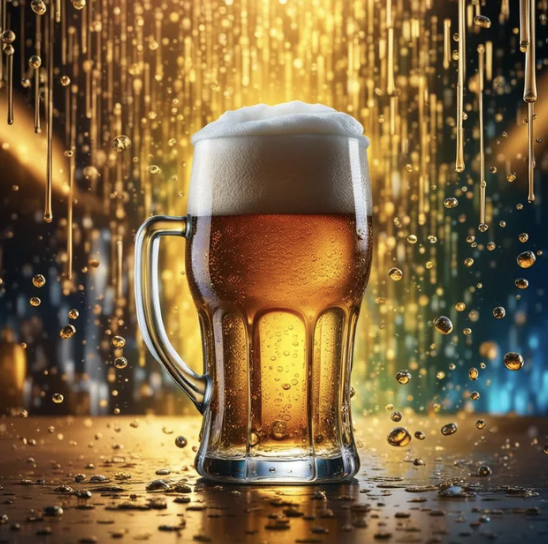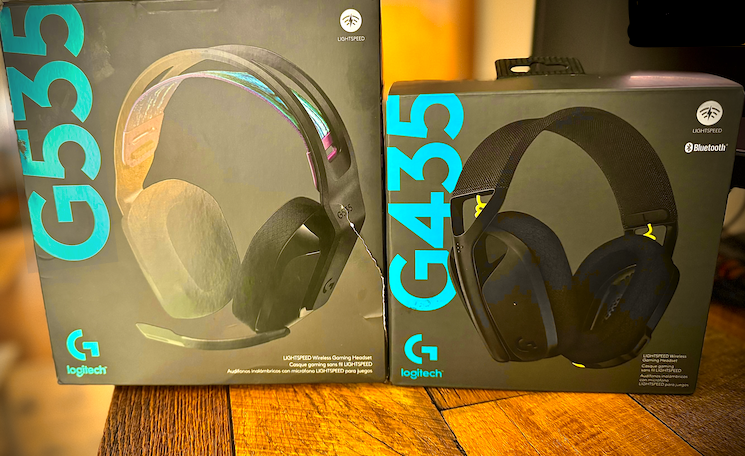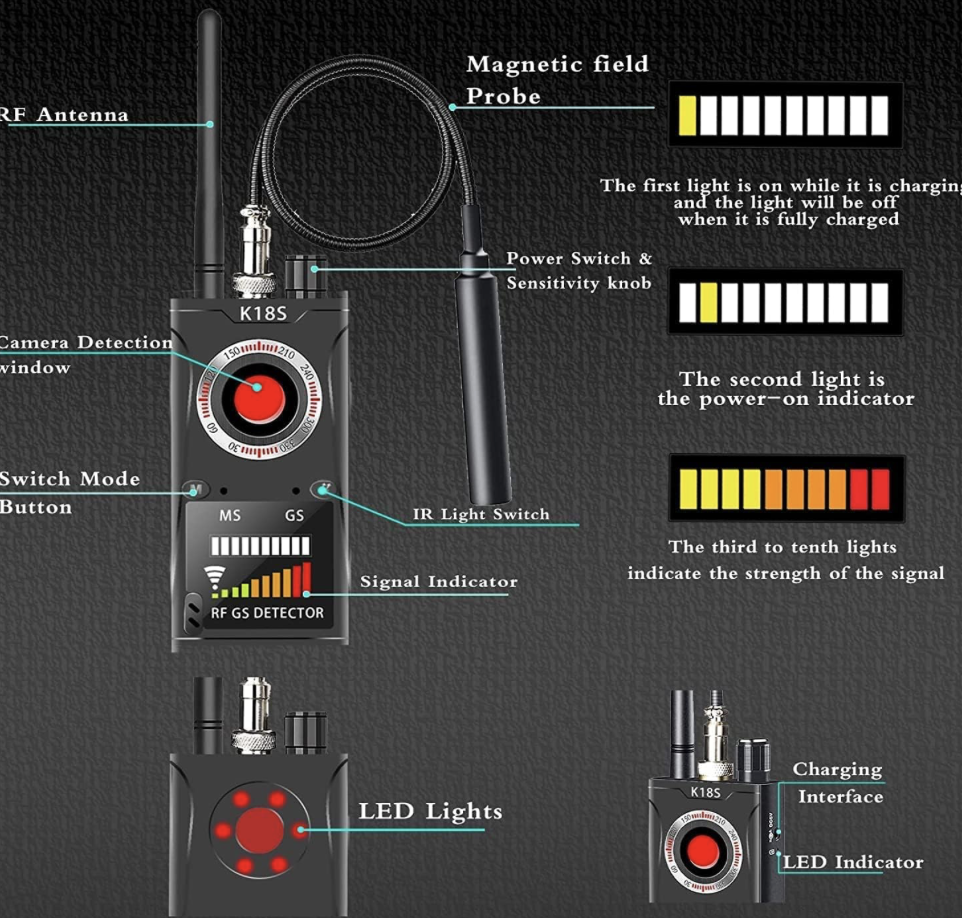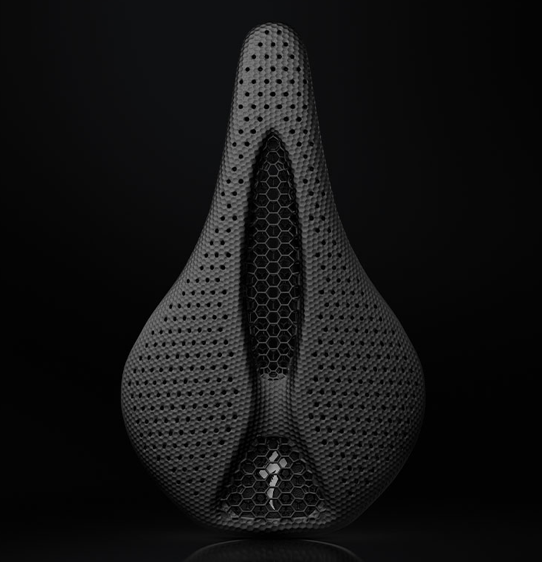Home Brew Beer Tech
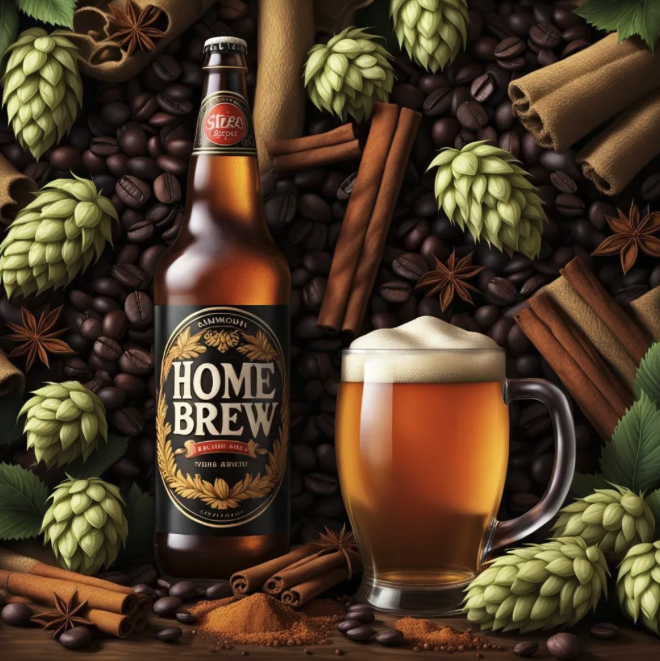
Is micro brewing a hobby, a science, or an Art?
Micro brewing is definitely a science as well as an art which go hand in hand, however it can also be a hobby. If you don't mind spending a lot of time, generally about 6 weeks from the start of brew day boiling and mixing, then fermenting, bottling, and conditioning your home brew, it could be worth the wait if you have patience. Home brew involves a lot of waiting and waiting until it's ready to drink. Drinking it too early, which is tempting or just testing, will reveal the difference in taste compared to waiting the full conditioning time. The longer the conditioning phase the better the beer will taste, something you can't rush.
If you decide to try making your own home brew, or pick it up as a hobby, keep in mind you will need a little patience before you can drink your home brew. On average after brew day, it could be up to 6 weeks before your beer is ready to drink if you're planning on bottling it. Fermenting is at least 2 weeks, another 2 weeks conditioning in the bottle at room temperate, and another 2 weeks in the refrigerator. However, if you want to keg it with Co2 you can probably have it done in a few days depending on the kind of brew. This is where the science of ingredients come in and the art of perfecting your perfect favorite beer.
Do you really need an all-in-one high tech expensive beer machine that does some of the work for you?
There are beer brewing machines that claim to make the beer brewing process simpler. However these tech machines can utilize Wi-Fi, and start at a much higher price point like Beermkr for $800. Or the exobrew craft gen3 for $900, or pro for $1,144. The cheapest one we've seen is the BeerDroid starting at $600, but still a high starting price. However, for much cheaper you could buy a lot more recipes, home brew equipment, brew it the traditional way, and learn how to really make beer at home. Besides, these beer tech machines seem to be hit or miss and sometimes unreliable. With all these newer beer tech machines could they turn the science and art of beer making into an easier hobby?
Brew your own beer without a machine, what do I need?
You can use your own brew technology at home the traditional way, using a big enough pot, fermenter, and bottling equipment. There are only 4 ingredients to make beer:
Beer Ingredients: Water, Malt, Hops, and Yeast.
1 gallon recipes average range from $15 to $30 depending on the type of beer sold by companies like Craft a Brew or Brewers Best. Usually, the recipe includes all you need for ingredients, along with the instructions from start to end. You still need the equipment, but you could get a 1 gallon starter kit for about $50 which includes everything except for the bottles, however some kits also include the bottles. A full complete beer kit with everything you need including bottles would be around $100 or so, but you will still need a brewing pot big enough for your boil (wort).
Homebrew beer Tech Equipment:
Boiling Pot, thermometer, fermenter, bottles, capper, refrigerator, and a lot of patience! - Generally 5-6 weeks before the beer is conditioned for best taste. The fact is you need patience for the brew to be fully conditioned, this is where the hobby can kick in... as you start learning the science and art behind brewing beer.
I find it really relaxing making my own beer, as well as keeping me very occupied with an interesting process that has been around for thousands of years. Brewing beer also helps me disconnect from a stressful day at work or when I'm bored and want to kick start the hobby again.
1, 2, or 5 Gallon brews?
Where should I start? Well if your new to home brew then 1 gallon is the perfect place to start, as you won't need a whole lot of space and you can learn the art and science many times over. The starting recipe size also depends on the fermenting size because you need the same space from the pot to the fermenting jug/bucket. I started brewing the 1 gallon size (Approximately 10 bottles of beer), because you don't need a whole lot of kitchen space. Whereas a 5 gallon recipe is a lot of beer which takes up a lot of space, as well as approximately 45 bottles of beer! Also, what happens if your beer is bad, messed up, or don't like how the batch turned out? It would be easier to throw away 10 bottles of beer vs. 45 bottles of beer! If you brewed 5 -1 gallon batches you would also have 5 different types of beer instead of 1 - 5 gallon batch of beer. After waiting patiently for 5 weeks, I'd rather have 5 different types of beers (with a lot more experience doing so), instead of only having 1 type of beer of 45 bottles!
Carbonation (priming) and what type of bottles?
What is priming? - basically adding sugar to your beer before bottling it to create a natural carbonation for your beer in the bottle. You don't want flat beer after spending 5 weeks making a batch of beer. There are two choices which I have tried both which lead to the same thing. There are some pros and cons to each such as having the same exact measurement of sugar in each beer bottle. One choice is, you can heat up a small amount of sugar with some water in a separate pot, then mix it in with your pot of beer right before you put it in the bottle. Or the other choice is, you can easily put sugar drops in each bottle after you fill each bottle.
Will you brew your own beer (BYOB)?
With all the above information, one could decide if making their own brew at home is truly something you may enjoy. You could challenge yourself to see if you can master the science and art of making beer, while at the same time decide if this could be new hobby to pick up. You will need the patience or learn to have more patience. You don't need to be a beer drinker to make beer, but you will still need to learn the science and art behind this natural process that has been around for thousands of years!

 By
By 